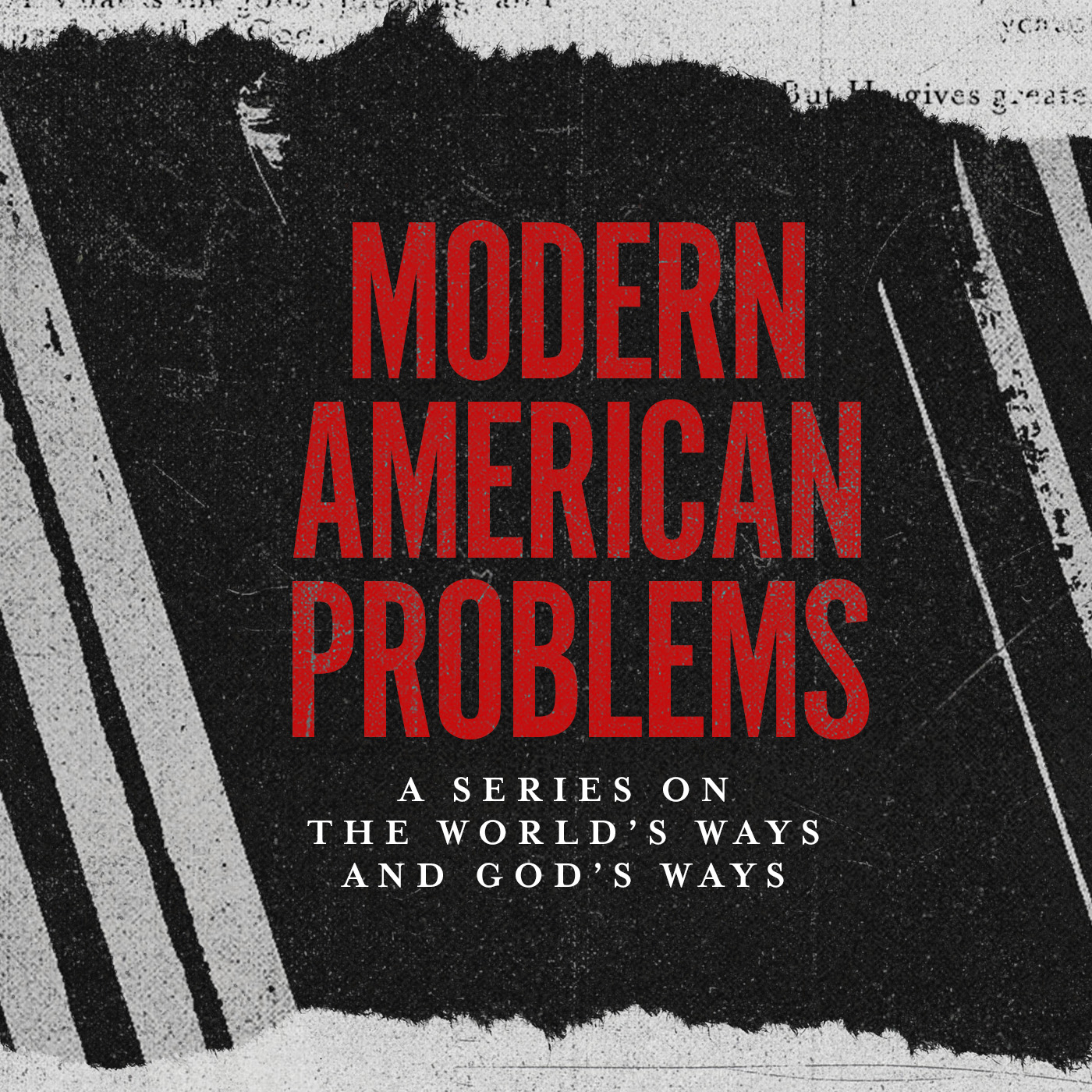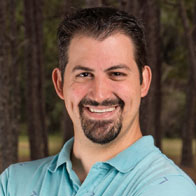This is a question that comes up routinely, and I think it would be good for me to write something about it that can live on our church website and, therefore, it can answer the question over and over again as it comes up in the future.
So, here’s the idea. For some reason, some people expect their church to address (from the stage, not simply in private conversations) newsworthy items of the day. Because of this, sometimes comments like this will be made by well-meaning people:
- You are going to preach about the recent school shooting on Sunday, right?
- Why didn’t we, as a church, pray for those kids in Thailand who are trapped in that cave?
- I couldn’t believe the pastor didn’t address the new Supreme Court ruling at church on Sunday.
- Why didn’t you mention, at church, the big earthquake that happened last week? 500 people died!
- Thank you so much for addressing the assassination attempt on Donald Trump. I thought maybe no one was going to say anything.
I could go on and on. These kinds of things get said to pastors all throughout the year, every year. The incidents change, but the kinds of things that people assume ought to take up time in the Sunday morning church service have not changed during the 14 years I’ve been the pastor here.
Here is a list of reasons why I don’t address current events at Good News (except on the few occasions where it happens to align with a sermon or something already planned.)
1. THE CHRISTIAN CHURCH ISN’T A JOURNALISTIC ORGANIZATION
I think it’s important to remember why different groups and different organizations exist. Good News Church’s mission is very different from the mission of Fox News or CNN. We are not an agency that reports or editorializes on news stories. We meet on Sunday mornings to lead people to Jesus and to worship Him.
2. FOR MANY, THIS EXPECTATION IS A NEW MORAL LAW, BUT IT IS NOT FROM THE BIBLE
Though not everyone treats it this way, there seems to be a growing number of people who have made up a new moral code for how to judge a church or pastor’s faithfulness to God. For instance, Mark Driscoll, a popular and controversial pastor in Arizona posted this on his Facebook on Sept 16, 2025:
“If your church didn’t address the demonic murder of Charlie Kirk this weekend, the pastor is a coward and needs to repent or resign.”
He wasn’t the only one who said something like that. And presenting it like this (where repentance or resignation are requirements if one does not meet the standard) is tantamount to creating a new moral code for churches/pastors. Keep in mind, this would be a brand new moral law, not found in the Bible, but created by a conservative portion of the internet in September 2025.
I can hardly put into words how much this kind of legalism irks me. I hated it when people suddenly discovered brand new moral codes that they started promoting during Covid in 2020-2021. Thousands of people spoke like it was a sin to not be vaccinated or a sin to not wear a mask (It was the liberal portion of the internet on that occasion.)
We don’t have the authority to legislate new morality. Only God has that authority. If you can’t find a particular behavior forbidden in the Scriptures, you don’t get to add it to your list of rules that you use to shame others. I believe that is wrong when liberals do it, and it is wrong when conservatives do it.
3. THE NEWS MEDIA SHOULD NOT SET OUR AGENDA
Many people have said that Charlie Kirk is a Christian who died for his faith, and that is why churches were obligated to speak about him in the weeks after his murder.
However, in 2024, Christian missionaries, Davy and Natalie Lloyd, were shot near Port-au-prince as they were going about their life and work in Haiti. Please note, these Christians were there because they were serving God, and they were shot and killed, like Charlie Kirk. However, I don’t remember anyone saying that pastors who did not talk about these two particular missionaries needed to repent or resign. Why? I think the answer is simple. The media didn’t cover this story as much.
Now, that’s fine; private companies can emphasize whatever they want for their viewers. But that has nothing to do with me. I refuse to allow the news media to determine what my teaching and discipleship priorities at Good News Church should be.
And this applies to every week and every Sunday. Pastors do not have to shelve their preaching plans, and instead start preaching on the topic of transgenderism, just because Fox News is reporting on Target’s tuck-friendly swimsuits that week.
This is especially true for pastors who have been plenty clear on what the Bible says about gender and sexual issues in the past.
4. CHURCH IS ABOUT JESUS
Jesus is the Savior and Lord of the church. And our Sunday morning meetings are not a time for us to gather, as if we are simply a community organization like the Rotary Club or the Moose Lodge, chatting about the news of the day.
One reason I don’t talk about news stories on Sundays is the same reason I don’t talk about personal stuff on Sundays (unless it happens to illustrate a point already being made in the sermon.) For instance, my mother-in-law passed away the same week that Charlie Kirk was murdered. But I didn’t announce it at church on that Sunday either. Why? Because the church service exists to honor Jesus – not my mother-in-law nor Charlie Kirk. In fact, I’m sure both of them would agree with that.
Many people will try to hijack what God has set up for Himself and put it to their own personal use. As a lesser example, I can remember a time when a husband came up to me and told me that it was his wife’s birthday. He asked me if I would wish her happy birthday, or get everyone to sing happy birthday to her from the stage, or something like that. I told him no. That’s not what the church service is for.
5. NO ONE CAN BEAR UP UNDER THIS STANDARD
Sometimes this expectation is not only pushed on pastors. Regular Christians are also pressured to “address” and “pray for” and “advocate” and “stand up for” lots of issues that are on the cultural radar.
We live in a time with ubiquitous use of cellphones, social media, regular media, and video sharing, and this allows us to know so much more of what is happening in the world than any other generation that has ever lived. Because of this, Christians have a unique challenge set before them. What do we do with all this extra information?
Perhaps you’ve been told to remember to pray for the victims of the most recent mass shooting. Maybe someone mentioned to you that you should pray for Christopher Yuan, a Christian speaker/author who had a traumatic fall and was paralyzed on Sept 22. Or you could have been asked to pray for Voddie Baucham’s wife (she just became a widow on Sept 25.) You also could have added the families of John MacArthur and James Dobson to your prayer list as well (both died this summer.)
Locally, there was a kid here in Ocala who went missing on Sept 25, and perhaps you prayed that he’d be found when you read about his tragic story on social media. (By the way, it turns out he was found, and it appears that he had faked his own kidnapping.) Or maybe someone in your community group made you feel ashamed if you haven’t done anything about the people dying in Ukraine, or if you haven’t prayed about the war in Gaza.
So, I’ve decided to end this article by pointing out that there will always be an endless supply of tragedies that we are now able to be aware of and respond to. And no Christian is able to keep up with all the information coming our way. If we were to use all the tools at our disposal, there will always be more to pray for than we have time for.
I recently came across a blog and found this quote:
“Could it be that God didn’t wire us to carry every event, taking place in every part of the world, at every moment, as if it were ours? Could it be that technology has produced a faux omniscience and omnipresence that is hurting mankind and not helping it?”
It seems to me that the answer is yes. Just because technology has increased to a point where you can know about many more things than any other generation, doesn’t mean that you are to carry burdens that were not expected of any other generation.
Trust God, and pray about what you can. Pray for the things you have a burden for. Pray about the things you believe He wants you to pray about. And live the life that God has called you to live, locally, doing His will in the city God has placed you in for now.

